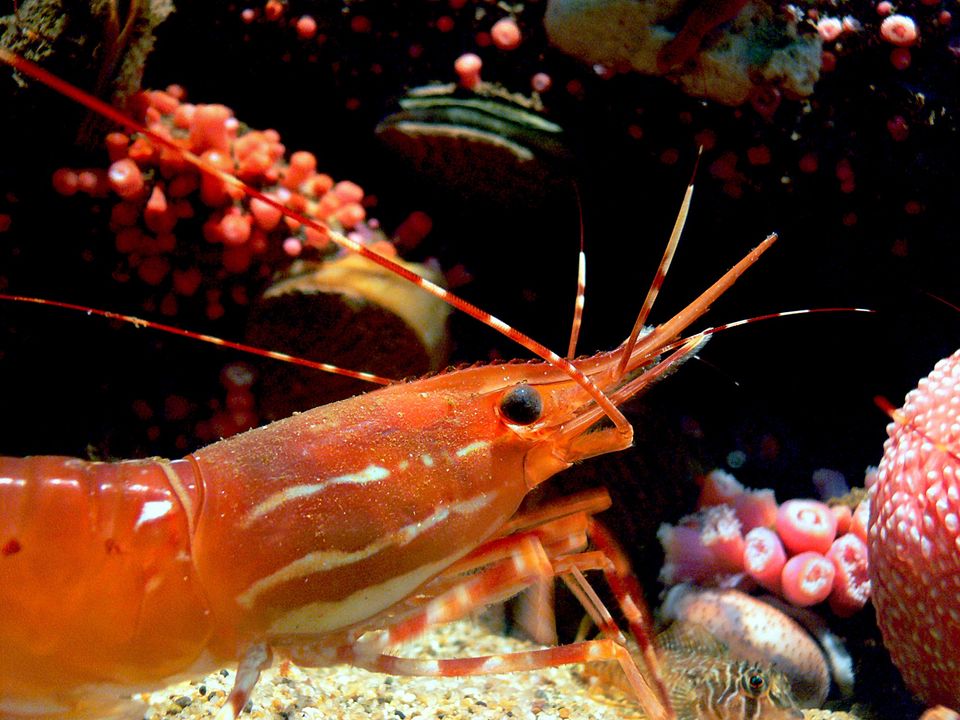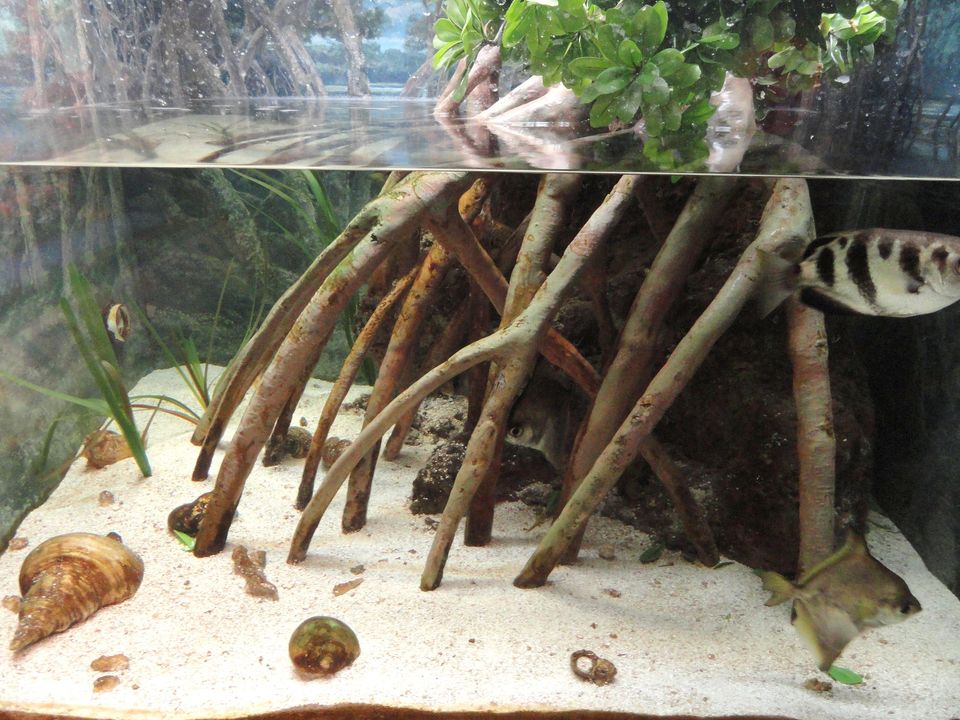Do Fish Sleep? An In-Depth Look at the Sleep Habits of Aquatic Pets
Fishes have unique behaviors and needs that are important to understand in order to provide them with the best possible care. One such behaviour is Sleep. Do fish sleep, and if so, how do they sleep?

Fish are often thought of as simple, low-maintenance pets that are easy to care for. But like all animals, fish have unique behaviors and needs that are important to understand in order to provide them with the best possible care. One question that many fishkeepers have is whether fish sleep, and if so, how do they sleep?
In this article, we'll take a deep dive into the sleep habits of fish, exploring what we know and what we don't know about this mysterious aspect of fish behavior.
What is Sleep?
Before we can understand whether fish sleep, it's important to define what sleep is. Sleep is a state of rest that is characterized by a number of physical and behavioral changes, including a reduction in activity, a decrease in responsiveness to stimuli, and a change in brain activity. In humans and other animals, sleep is essential for physical and mental restoration, and it is a vital part of the overall health and well-being of the individual.
Do Fish Sleep?
The question of whether fish sleep is a complex one, and it is not a simple yes or no answer. Fish do exhibit some behaviors that are similar to sleep in other animals, such as a reduction in activity and a change in brain activity. However, fish do not have the same sleep structure as mammals and birds, and they do not experience the same stages of sleep (such as REM sleep).
One of the main differences between fish sleep and sleep in other animals is that fish do not have a dedicated sleep period, as most animals do. Instead, fish tend to sleep in short bursts throughout the day and night, and they are able to rest and sleep while still remaining alert and responsive to their environment. This is known as "unrestrained sleep."
Fish also do not have eyelids, and they do not close their eyes when they sleep. Instead, they may become less active and less responsive to stimuli, and they may exhibit other behaviors that are similar to sleep, such as reduced breathing and heart rate, and a change in brain activity.
What Do Fish Do While They Sleep?
While fish do not sleep in the same way that mammals and birds do, they do have specific behaviors and needs that are important for their overall health and well-being. Some of the things that fish do while they sleep include:
Resting and conserving energy
Like all animals, fish need rest in order to repair and restore their bodies. During sleep, fish are able to conserve energy and rest their bodies, which helps to keep them healthy and strong.
Maintaining their immune system
Sleep is important for maintaining the immune system, and fish are no exception. During sleep, fish are able to rest and repair their bodies, which helps to keep their immune system strong and healthy.
Regulating their metabolism
Fish rely on their metabolism to fuel their bodies and keep them functioning properly. During sleep, fish are able to regulate their metabolism and ensure that they are receiving the nutrients and energy they need to thrive.
Staying safe
Fish are vulnerable to predators when they are inactive, and sleep is an important way for them to stay safe and avoid danger. When fish sleep, they may become less active and less responsive to stimuli, which makes them less visible to predators.
Factors That Affect Fish Sleep
There are several factors that can affect the sleep habits of fish, including:
Lighting
Fish are sensitive to changes in light, and it can affect their sleep patterns. In the wild, fish are exposed to natural light cycles, and they may sleep more during periods of darkness. In an aquarium, it's important to provide a consistent light cycle, and to avoid sudden changes or disruptions. Using a timer or a hood with a dimming feature can help to create a more natural light cycle and promote healthy sleep habits in your fish.
Water quality
Poor water quality can stress fish and disrupt their sleep patterns. In order to maintain healthy sleep habits, it's important to keep the water clean and well-filtered, and to monitor the temperature, pH, and other parameters to ensure that they are within the appropriate range for your fish.
Tank size
Fish need space to move and explore, and a too-small tank can stress fish and disrupt their sleep. In general, it's a good idea to choose a tank that is appropriate for the size and needs of your fish, with plenty of room for them to swim and explore.
Tankmates
Fish are social creatures, and they may sleep better in the presence of other fish. However, it's important to choose compatible tankmates, as aggressive or territorial fish can stress or disrupt the sleep of other fish.
Diet
A healthy and balanced diet is important for the overall health and well-being of fish, and it can also affect their sleep habits. In general, it's a good idea to provide a varied diet that includes both plant and animal matter, and to avoid overfeeding or underfeeding your fish.
In conclusion, fish do sleep, but they do not sleep in the same way that mammals and birds do. Fish have specific behaviors and needs that are important for their overall health and well-being, and it's important for fishkeepers to understand these behaviors in order to provide the best possible care for their aquatic pets. By providing a suitable environment, a balanced diet, and good water quality, you can help to ensure that your fish are able to sleep well and maintain their overall health and well-being.




